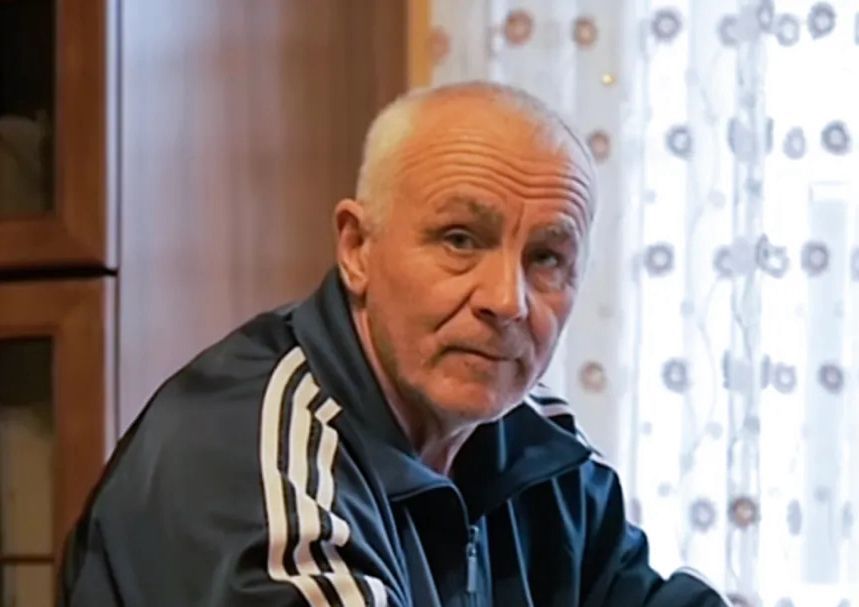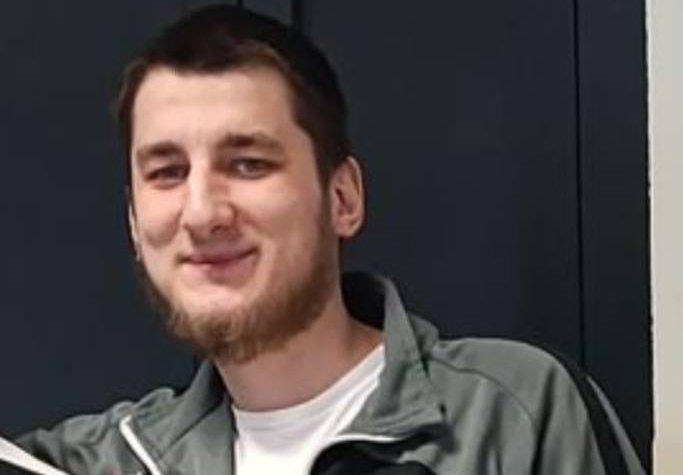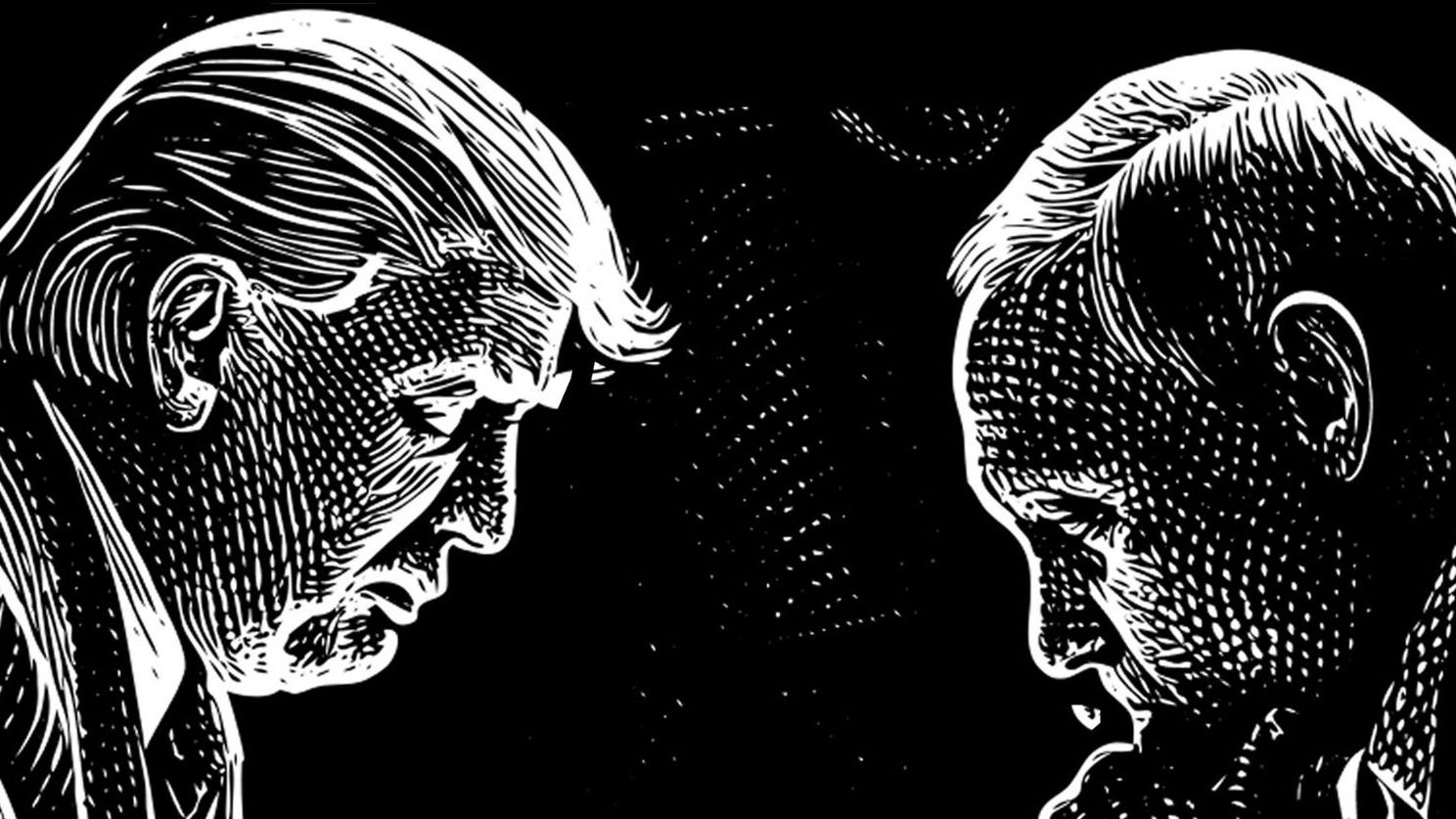This material is available in other languages:
ru
21 Nov 2024
“I keep my head high”: Disabled activist Aslan Iritov on how a criminal case changed his life

Two years ago, the Memorial Human Rights Center filed a complaint with the European Court of Human Rights (ECHR) regarding Aslan Iritov’s case. The activist, who has no hands, received a suspended two-year sentence for allegedly headbutting a police officer. In 2017, law enforcement came to serve him a warning about the illegality of a protest he intended to hold, leading to an altercation. Initially, investigators claimed Iritov had tried to strangle a police officer, but after media attention, this version was dropped. Lawyers pointed out that the conviction was based solely on questionable police testimony. We spoke with Aslan to find out how he has lived since the incident five years ago and what he thinks about the events today.
Table of contents
Brief Overview of the Case
Aslan Iritov was the former head of the civic organization Volny Aul (Free Village) in a district of Nalchik by the same name. The activists sought land plots for residents in need and campaigned against auctions for municipal land, which had once belonged to the Free Village area but was later incorporated into the city.
On October 31, 2017, at 7 a.m., about ten police officers arrived at the homes of Aslan Iritov and his brother Beslan to deliver a warning about the illegality of a protest that local authorities had previously denied permission for.
A scuffle ensued, prompting the arrival of SOBR (a special rapid response unit). The brothers were detained and taken to the police station. According to Aslan, the altercation was provoked by law enforcement officers. The family was outraged that the police entered without permission, did not show identification, began filming immediately, and gave no explanations.
Aslan came out of the house as SOBR officers, armed and masked, entered the yard. He was knocked to the ground, hitting his head on the curb. His overcoat was torn, and his head was pinned to the ground while his throat was compressed. While lying on the ground, he was struck multiple times in the head and body. Beslan was hit in the temple by the officers.
According to law enforcement, the family, including the women, acted aggressively, raised their voices, issued threats, attacked and hit them. The authorities allegedly acted in self-defense.
As a result, two police officers and the Iritov family members were injured.
Interestingly, among the law enforcement officers who came to the Iritovs’ house were several high-ranking officials: Zaour Krymukov, head of the republican criminal investigation unit; Alim Sarbashev, head of the republican Center for Countering Extremism; his deputy, Khamidbi Gubashiev; Azamat Gergokov, deputy head of the expert-criminalistics department of the Nalchik Ministry of Internal Affairs; and Asker Dokshukin, head of the police precinct department in Nalchik.
That same day, Aslan Iritov and his family members filed complaints about the assault with investigative authorities. Investigators refused to open a case against the police five times, citing “absence of corpus delicti”.
However, on November 1, a case was opened against the Iritov brothers under Article 318, Part 1 of the Russian Criminal Code (“use of non-life-threatening violence against a government representative”).
The case gained wide public attention due to allegations that Aslan had “grabbed [a police officer] by the neck with both hands and continued squeezing his fingers around the neck.” Notably, Aslan has no hands. After media coverage, this claim was edited.
On October 26, 2018, the Nalchik City Court sentenced Beslan Iritov to six months in prison. Since he had already spent that time under house arrest, the sentence was deemed served. Beslan did not plead guilty.
After six months of house arrest, Aslan Iritov was allowed to move freely and communicate. On March 1, lawyer Sultan Telkhigov, working under an agreement with the now-dissolved Memorial Human Rights Center, took over the case.
On September 2, 2021, the Nalchik City Court sentenced Aslan Iritov to two years of probation for using violence against government representatives. The charge of insulting a government official was dropped due to the statute of limitations.
More details about Aslan Iritov’s case can be found here.
Complaints to the ECHR
In December 2020, Aslan Iritov filed a complaint with the European Court of Human Rights (ECHR) over the refusal to investigate his claims of being assaulted by law enforcement officers. In 2023, the Court upheld his complaint and awarded the activist €26,000 in compensation.
On November 18, 2022, the Memorial Human Rights Center filed another complaint with the ECHR regarding Iritov’s case. The complaint was drafted by lawyer Jargal Budayev from the Human Rights Defense Center.
The complaint argued that the trial against Iritov was unfair under Article 6 § 1 of the European Convention on Human Rights. The court had unjustly based its verdict on the testimony of biased police witnesses, while the defendant was not provided with sufficient procedural opportunities to challenge their claims — violating the principle of in dubio pro reo (“when in doubt, decision in favor of the accused”).
Lawyer Jargal Budayev emphasized that it was evident the police had a vested interest in the case’s outcome. If their version was disproven, they themselves could face consequences.
“By basing the verdict on such dubious testimony without other concrete evidence of guilt, the court rejected the defense’s motions for expert analysis of the video recordings, which could have refuted the claims. Under these circumstances, we argue that Iritov was deprived of guarantees for a fair trial under Article 6 of the European Convention,” the lawyer explained.
What Aslan Iritov says:
About the house arrest
“Honestly, it was difficult. I’m not used to staying home—I walk for about three hours every day. Even though I’m older, I still play football. We have a veterans’ team, and we even participate in tournaments. I try to stay in shape because I want to look my enemies in their shameless faces one day. It still shocks me.”
About the threats
“The day after my detention, I went to the Investigative Committee, and during the interrogation before the court, the investigator said, ‘Someone else wants to talk to you.’ I went into the office across the hall, and there was the secretary of the Security Council of our republic. He greeted me coldly and immediately began threatening me: ‘What, did you think you could go against our system? We will break you!’
I replied, ‘Listen! After what you did yesterday, isn’t that enough? And now you’re threatening me? Trying to scare me?’ He quickly shut up and suggested I not file a complaint. I told him, ‘Return the land, apologize, and let it go—life happens.’”
About the criminal case
“In the end, they [the authorities] forced those colonels to file complaints; otherwise, they could have faced consequences for their lawlessness. What does the Deputy Minister of Internal Affairs have to do with this? Why did he come to my house? Did I commit some offense? I never gave them any reason to.
I spent a year and a half knocking on their doors, visiting them about twice a week. I even jokingly suggested naming the path to the Council building after me. They promised to return the land but never did. Corruption has completely consumed this republic.”
About Moscow
“Do you know how many letters people sent? All useless. I said I wouldn’t write anymore and left the organization. The roots of the problem lead to Moscow. People sent letters to the State Duma, the presidential administration, and the prosecutor’s office—nothing helped. This system benefits them because all our officials feed Moscow. That’s why I gave up.”
How his life changed
“I used to be a cheerful person who loved to joke. After this story, I’ve become more reserved. I’ve learned a lot about people, realized many are scoundrels and cowards. But I treasure those who helped me, and we’ve become close friends. At the same time, I’ve distanced myself from many others.”
About the future
“I’m an optimist, and I believe that justice will eventually prevail. One day, everything will change. That’s why I stay in shape, to ensure my health doesn’t fail me. Besides being without hands, I’ve been living with only one kidney for twenty years. It’s been 31 years since I lost my hands. But I keep my head high, honestly.”






